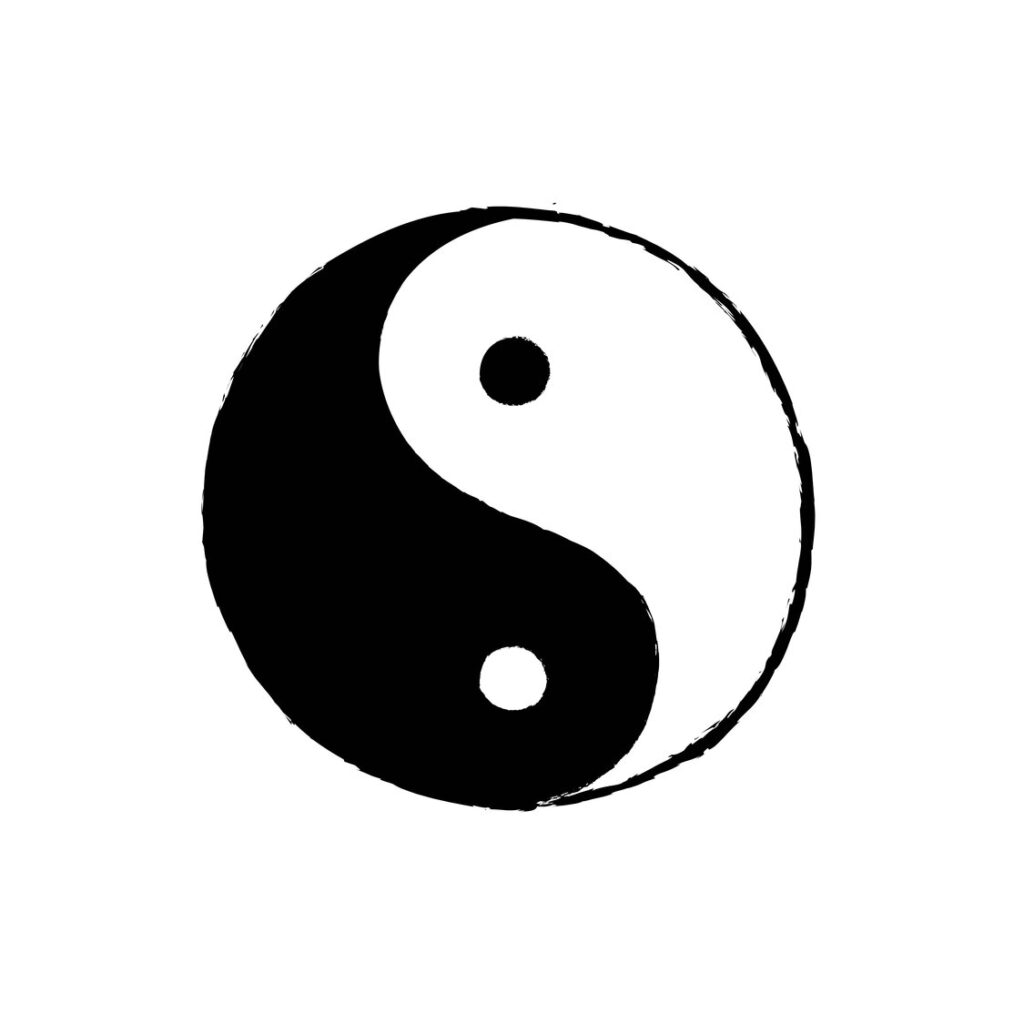Think of the time you had to answer the standard question of strengths and weaknesses in an interview. We often speak of weaknesses as if those are unhonourable parts of ourselves to be quickly overcome or concealed.
In our culture, it is common to look at our weaknesses with fear or shame. We either label it as a “problem” that we know and are trying to overcome or try to cover them up. Although it may be argued to be a necessary adaptation to our social environment, I am sure it comes with negative repercussions on our self-perception.
If we could just balance out the relationship between strengths and weaknesses, I think we might be able to achieve a more rounded form of self-acceptance.
Therefore, I offer three ways of reframing the way we look at strengths and weaknesses to do so.
1) No Strengths Without Weaknesses

Like how Yin cannot exist without Yang, how would the concept of strength have come into being if not for the concept of weakness?
Our competencies can only shine brightly because of our inadequacies in other areas.
There is a definite trade-off because we are given a set of complementary traits. For example, I am a dreamer who can be quite impractical at times.
Herein lies the irony of striving for perfection. Imagine if one tried to cancel out their weaknesses and become good at everything, he/she turns out quite mediocre instead.
For this reason, I do not ever see the need to be envious of other people who possess certain traits that I do not.
It is our duty to figure out how to make the best out of our bestowed strengths and weaknesses.
Once we recognise that one can only be possible with the other, we learn to value our weaknesses instead of seeing them as undesirable obstacles to be overcome.
2) Complementing One Another

There remains a debate regarding whether humans are more competitive or cooperative by nature.
Assuming that people are operating under the competitive mindset, it can hardly be expected of them to be okay with weaknesses. No one would like to “sell themselves short” by revealing their weaknesses. They would very much be trying to outdo their rivals in showcasing their strengths.
Frankly, our current reality leans more towards that.
Nonetheless, we can find hope in imagining the alternative. What if people were to operate in such a way where weaknesses would not be a problem?
Under a cooperative mindset, people will complement one another to make the work a succcess. For example, A is good at seeing the big picture but not so apt at details. On the other hand, B is good at being meticulous but not so apt at zooming out. A can compensate for B’s weaknesses, vice versa.
In this way, we can view weaknesses as something natural that need not be changed at all.
3) Subjectivity of Strengths and Weaknesses

When we mention different traits, some of it seem to carry a positive or negative connotation. For instance, most people would associate being sociable as a positive trait. But why?
Strengths and weaknesses are actually pretty subjective. Speaking of which, I am reminded of biologist Charles Darwin’s evolution and natural selection theory.
“It is not the strongest of the species that survive, or the most intelligent, but the one most responsive to change.”
Charles Darwin
According to him, the fittest organisms have the highest chances of survival in a given environment. What defines “fitness” is not a specific trait, such as being physically strong, but how adapted it is to the environment.
As environments differ across geography and the environmental conditions change across time, an organism with a given trait will have different levels of fitness under each of these different conditions.
Similarly, this can be applied to our social and cultural environment.
Growing up in a social environment that rewards extroversion, I have often been made to feel inferior about my introversion. It was only later when I learned of other cultures where the reverse is true that I became more self-accepting.
If you really want to question, ask yourself this: What if our weaknesses were not weaknesses at all? (similarly for strengths)
Rounding Up
I hope that the three ways of reframing the way we look at strengths and weaknesses are useful for anyone seeking greater self-acceptance.
Rather than changing parts of ourselves to fit mainstream expectations, we might do better trying to find places where our strengths would be valued and weaknesses would be mitigated.
At least, that is the most reasonable idea of wholeness which I can conceive.


